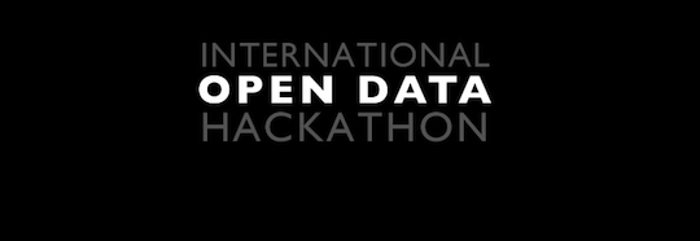Can you believe it’s been a year already? It comes around so quickly doesn’t it? Don’t kid me you don’t know what I’m talking about: this Saturday 22nd February is International Open Data Day again – a day set aside for hackers around the world to take publicly available datasets and see what secrets they might reveal.
And you can celebrate it in Johannesburg or Cape Town, by coming along to one of two simultaneously running events organised by the clever folk at Code4sA and Hacks/Hackers. Open Data Speed Dating is a data party with a difference: developers and journalists work in pairs for 30 minutes at a time constructing clever queries and interesting stories from datasets picked out on the day. It’s a massively multicity quickfire hackathon that should be fun as well as enlightening.
The event is aimed at developers, data experts, techies and journalists, but all are welcome so long as they’re willing to learn and share ideas on the day.
Open data is an important issue for anyone who believes government should be totally transparent, allowing citizens to a) see what’s going on and b) use data they’ve paid for to create new civic services and – indeed – commercial apps. If you’re confused by that statement, let’s recap as to what ‘open data’ is.
At its core, open data is any dataset which is released into the public domain either as a giant spreadsheet or database to download, or onto a website with a usable interface of some sort. Usually, when activists use the term, they’re talking about raw datasets governments publish in the name of transparency. The idea is that if unexpurgated census or spending data is released, citizens can read it and see what’s going on in their country without government spin.
The big idea behind open data is that we can then use it to make things better: like draw maps of electoral regions, or see where there are regular water or sanitation problems. We can highlight traffic or crime hotspots the police may have missed, or look at voting patterns over time. Anything can be classed as data: mineral rights awarded over the last 20 years, defence spending, lists of ward councillors who share the same surname, the position of eToll gantries… the underlying principle is that it should be published in an easily readable online format that can be interrogated by any willing citizen (including nosey journalists).
The hope is that through events like this, like minded people can get together and make data visualisation and apps that simplify the data and make it accessible. So you might want to know when the last time the grass was cut in your area was, or whether or not schools in Limpopo really did get textbooks this year.
Even data published in hostile formats like PDFs aren’t necessarily an act of war: it’s fairly straightforward to scrape information from a PDF table if needs be.
Open data is a big issue all around the world, and believe it or not South Africa actually has a pretty good record for transparency in this regard. StatsSA, the official statistician, publishes tons of datasets online. Still, if no-one uses the data, it’ll stop getting published. Which is why these events are important.
Full details can be found at the Meetup site over here, but what you really need to know is that the event kicks off at 9.30am sharp, with a live linkup between the two groups at Jozihub and Codebridge. Coders, journalists and any civic minded citizens keen to know more are all welcome.
We’ll be there, see you too.

